For a relatively small country, Honduras’ reputation as a producer of high quality Arabica coffee is a big success story. It is estimated that more than a quarter of the Central American country’s population – or approximately two million people – are engaged at some point in the seasonal coffee harvest between November and March each year. And since the turn of the late 20th century, production has steadily grown to the point that the country now ranks in the top ten of exporters of coffee globally.
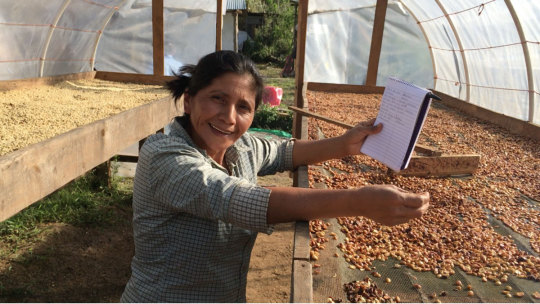
However, the Honduran coffee sector has also faced its fair share of setbacks and challenges. In 1998, Hurricane Mitch devastated 80% of the country’s agriculture and a period of economic instability and political tension following a coup in 2009 affected the country’s exports to international markets. A few years later, an epidemic of Coffee Leaf Rust, or La Roya in Spanish, wreaked havoc on the cultivation of classical coffee varieties such as Typica, Bourbon, Caturra and Catuai.
However, given that 95% of growers are smallholder farmers with plots less than three hectares, producers are well positioned to help control the spread of the fungal disease with the introduction of more disease-resistant varieties and selective breeding.
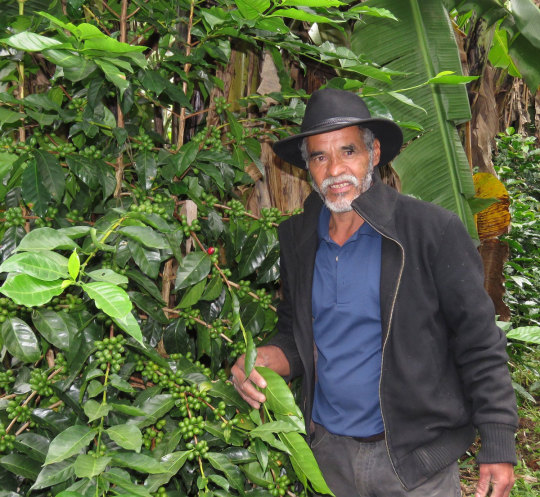
One such cooperative that is supporting its growers to improve productivity, access new markets and combat the threat of La Roya is Café Organico Marcala (COMSA). Located in the mountainous La Paz region of western Honduras, one of the poorest areas of the country, the cooperative comprises of 1600 members who are highly dependent on coffee cultivation and agriculture. Since the last epidemic of La Roya in 2012, which affected more than a third of COMSA producers, the cooperative’s forward-thinking strategy is empowering growers to fight back.
Suita Manuela, COMSA’s Business Developer, joined the cooperative one year-ago and is motivated to help generate a sustainable income for farmers. She says: “I want to add value for coffee farmers which in turn helps to support the development of our country. COMSA is a community that is very open and I see a lot of talent”.
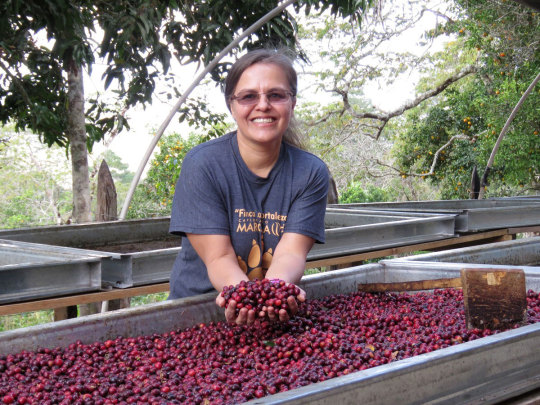
COMSA was founded in 2001 by a group of community-minded growers who joined forces to form their own organisation, which would look after their interests. One of the main goals of COMSA was, and still is, to directly access markets in o access directly to markets Europe, North America and Asia. At the time, the international coffee price had crashed and many producers were forced to abandon their small-holdings to search for work in the city.
The cooperative has since been working to help growers rebuild their livelihoods through the diversification of their income and education provision. Another important advantage of co-operative membership is that producer family members can now attend COMSA’s very own international school with a wide range of curricular activities such language classes in French, German and English.
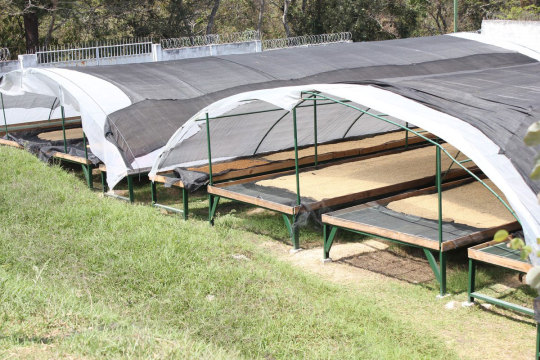
Suita adds: “Alongside education, our members don’t just get a benefit from receiving higher prices for their coffee through premiums such as Fairtrade, and certification schemes including Bird Friendly, organic and Small Producers Product (SPP), but we also provide technical assistance. Some of the farmers bring their coffee in cherry state so we have a wet mill for processing while others bring their coffee in dry parchment. We also do honey and natural processing. Trading as a group benefits our members because we set a higher price than our competitors and expect a certain level of quality”.
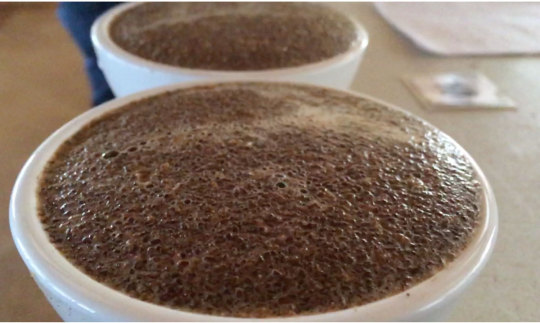
Raising the bar on coffee quality and price has also benefited the wider community as traders have been forced to offer higher prices to local farmers. COMSA’s training in organic practices - Pata de Chucho - is rooted in a technical diploma course in sustainable agriculture that is funded through the Fairtrade Premium. Balancing the needs of the community and the environment, initiatives such as the promotion of organic composting supports farmers to apply the minerals and nutrients needed to improve production yields.
For example, coffee waste such as the pulp is recycled to make organic fertiliser that is then distributed to farmers for free, helping to reduce input costs by a factor of 50 compared to the more conventional, chemical-reliant, means of production. Meanwhile, farmer exchanges and training in the use of shade trees, sustainable water management and inter-cropping, producers are taught the agricultural techniques that have a direct result in the quality of the cup.
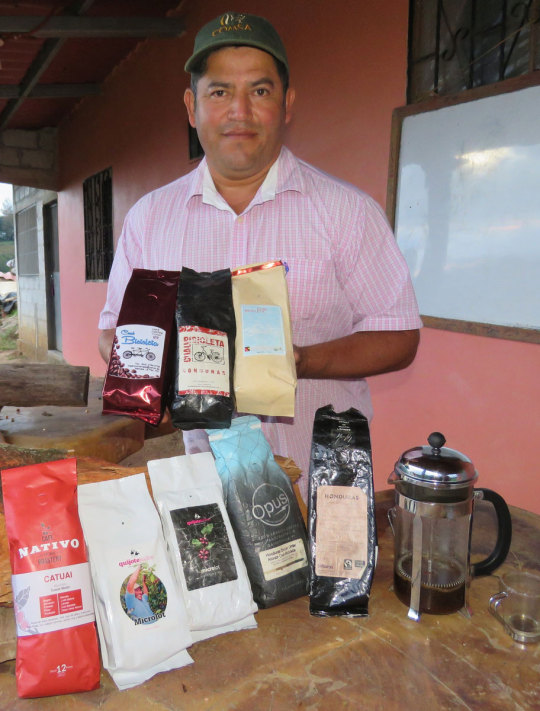
Suita says that last year, 500 containers of specialty-grade green coffee were bound for international markets - and trade is now steadily growing through the algrano platform. Two buyers that she met on a recent sales trip to Europe - Kiez Rösterei from Berlin, and Rast Kaffee, based near Lucerne, Switzerland – have been impressed with the quality and are keen to continue their relationship with COMSA this year.
She adds: “Algrano opens up the channels and makes it possible to sell microlots to roasters with higher quality beans. Being able to connect helps our producers because we can hear directly from the people who buy our coffee. The feedback we receive and higher price returns for a higher quality product means that we have higher levels of satisfaction amongst roasters and drinkers. It’s a dual-benefit for the coffee supply chain and coffee industry as a whole. The more exposure we have, the more profitable our growers become - it’s all about communication”.

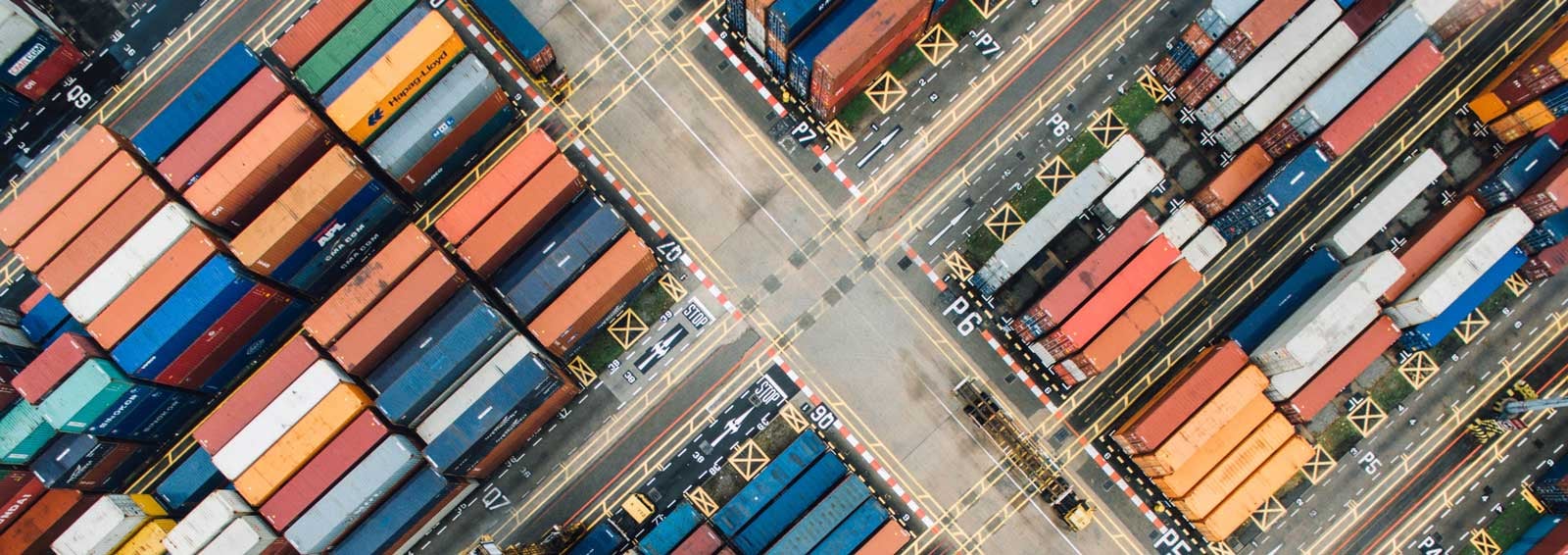
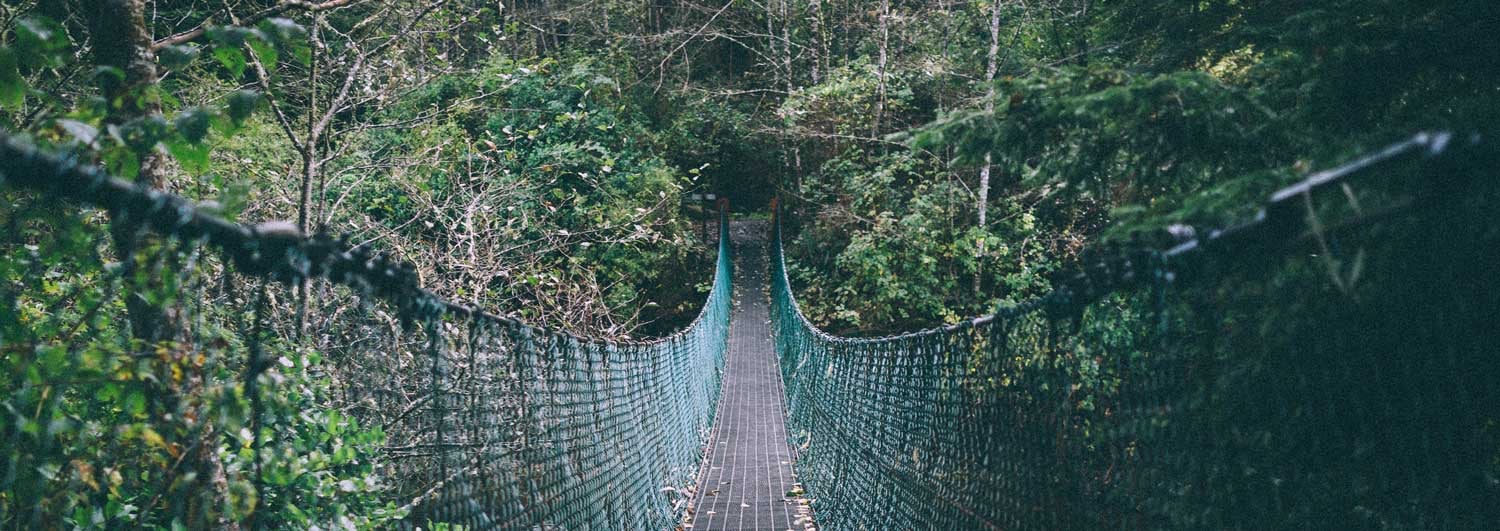
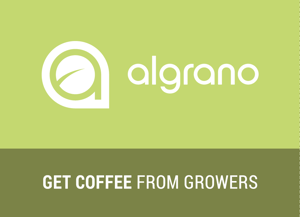
Let Us Know What You Thought about this Post.
Put your Comment Below.